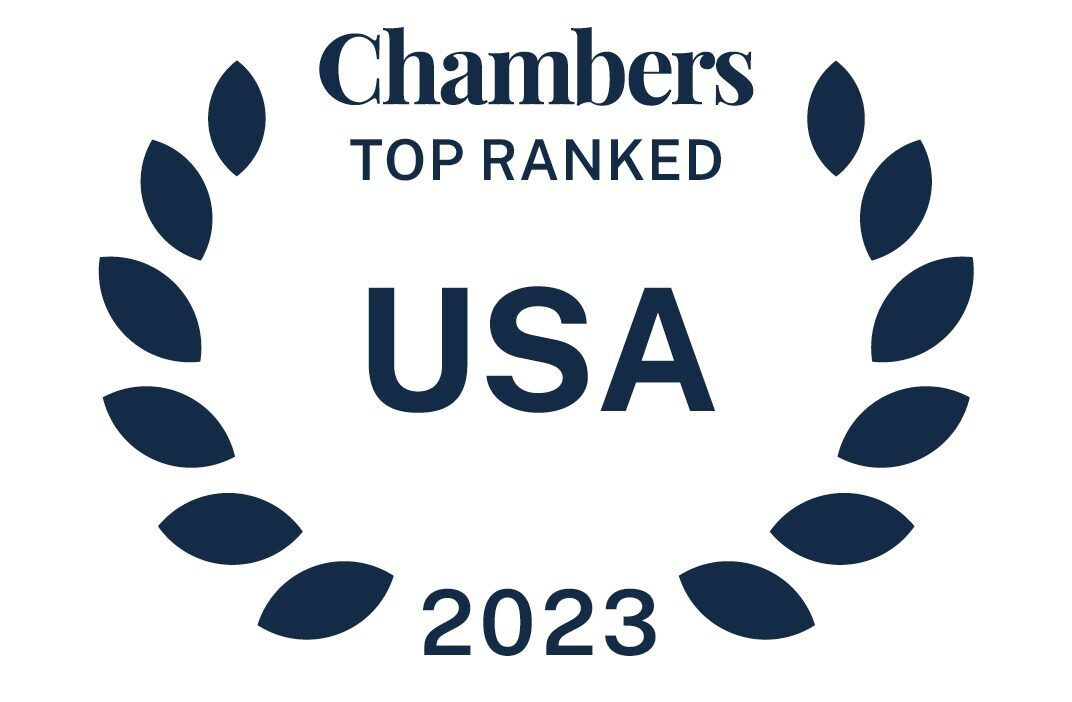Trending in Telehealth is a series from the McDermott digital health team in which we highlight state legislative and regulatory developments that impact healthcare providers, telehealth and digital health companies, pharmacists and technology companies that deliver and facilitate virtual care.
Trending in the past week:
- Interstate Compacts
- Professional Practice Standards
A CLOSER LOOK
Finalized Legislation & Rulemaking
- West Virginia enacted Final Rules that create telehealth standards of practice for nurse practitioners. The rules, among other standards, permit a nurse practitioner to use telemedicine technologies that incorporate interactive audio using store and forward technology, real-time videoconferencing, or similar secure video services or real-time audio-only calls to establish a practitioner-patient relationship during the initial provider-patient encounter.
- Louisiana adopted rulemaking that establishes telepsychology and telesupervision standards.
- Indiana enacted SB 73, which established the Occupational Therapy Licensure Compact. The law becomes effective on July 1, 2023.
- Montana enacted legislation, HB 777, to join the Counseling Compact.
Legislation & Rulemaking Activity in Proposal Phase
Highlights:
- Montana progressed legislation to the governor to enact the Audiology and Speech-Language Pathology Compact (SB 214) and Occupational Therapy Compact (SB 155). Meanwhile, North Dakota progressed legislation to the Second Chamber (SB 2187) to enact the Counseling Compact.
- Oregon introduced legislation (SB 232) that allows out-of-state physicians or physician assistants to provide care to patients located in Oregon in limited circumstances without obtaining full Oregon licensure or the equivalent telehealth licensure. These scenarios include emergencies (as defined by the Oregon Medical Board); consulting with another physician or physician assistant who is licensed in the state, so long as the out-of-state physician does not take on primary responsibility for diagnosis and treatment; providing care when the physician has an established relationship with the patient who is traveling for work, education or vacation; and in cases where the physician has an established relationship and is providing intermittent or temporary follow-up care. The bill further clarifies that the practice of medicine using telemedicine occurs where the patient is physically located.
- Montana’s Senate passed HB 676 with amendments and sent the bill back to the state’s House of Representatives for reconciliation. The House of Representatives passed an earlier version of the bill on March 3, 2023. The bill enumerates fundamental parental rights with respect to children, including with respect to a child’s medical care, and requires a health professional to verify the identity of a parent who has given consent through telemedicine at the site where the consent is given.
Why it matters:
- Elevated activity involving the adoption of interstate compacts continues. Many states are progressing legislation that would enact various licensure compacts across healthcare professions, easing burdens to licensure and reciprocity for professionals seeking to practice across state lines.
- States continue to refine and adopt professional standards for telehealth practice. This week we saw increased adoption of telehealth practice standards for various professionals such as nurse practitioners and psychologists. These standards are important, as they often differ across states and professions and require monitoring for continued compliance when assessing current care delivery models and considering new arrangements.
Telehealth is an important development in care delivery, but the regulatory patchwork is complicated. The McDermott digital health team works alongside the industry’s leading providers, payors and technology innovators to help them enter new markets, break down barriers to delivering accessible care and mitigate enforcement risk through proactive compliance. Are you working to make healthcare more accessible through telehealth? Let us help you transform telehealth.



